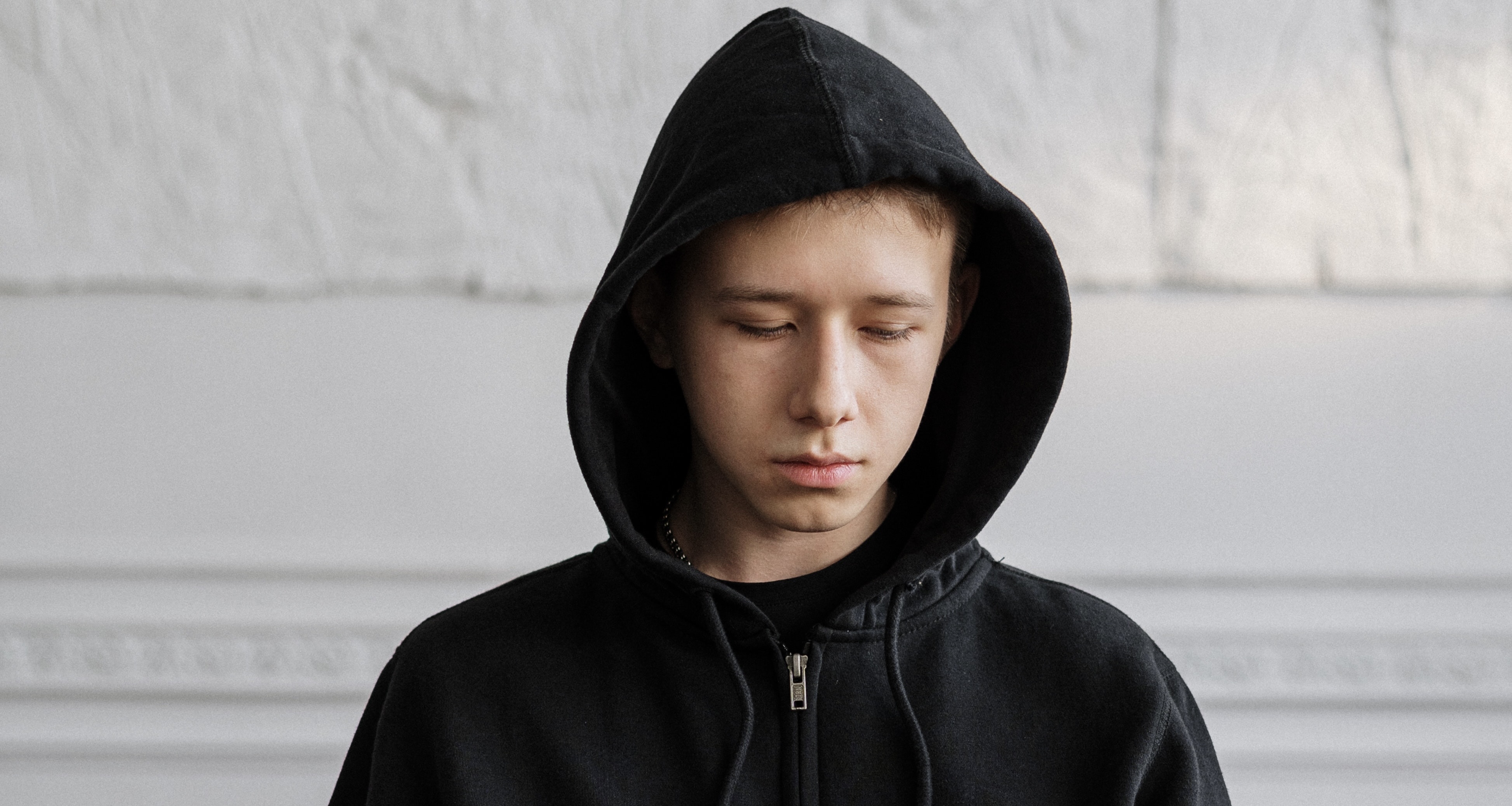LGBTQ child sex abuse victims and survivors blamed for their abuse, report finds
The Independent Inquiry into Child Sexual Abuse has spoken to 31 LGBTQ child sexual abuse survivors.

Words: Alastair James; pictures: Pexels
Child sex abuse victims and survivors who identify as LGBTQ were blamed for their abuse according to a report out today (Tuesday 24 May) from the Independent Inquiry into Child Sexual Abuse.
The report – Engagement with lesbian, gay, bisexual, transgender and queer/questioning + victims and survivors – also found that some victims were told their sexual orientation or gender identity was a result of their abuse. This damaged victims’ and survivors’ mental health and self-identity.
It also found that there are specific challenges faced by LGBTQ youth that make them vulnerable to abuse, as well as barriers to reporting abuse, getting support, and forming adult relationships.
“Too much emphasis on the survivor and victim blaming”
The Inquiry is examining to what extent children in England and Wales weren’t protected by institutions and organisations from sexual abuse.
It has spoken to 31 LGBTQ+ victims and survivors for the report, which is also based on the testament from a variety of LGBTQ and child sexual abuse support services.
From evidence sessions, the Inquiry heard how myths and stereotypes of the LGBTQ community had caused barriers when it came to disclosing sexual abuse.
One person said they’d been “very prominent”.
They added: “There is far too much emphasis on the survivor and victim blaming and little understanding of LGBTQ+ lived experiences. This leaves the survivor feeling unheard and disheartened which makes seeking help much harder.”
While the report found attitudes have on the whole changed, it also highlighted that many including those offering counselling services, the police, and the health sector worked on serious misunderstandings about LGBTQ people.
“We heard that sexual orientations and gender identities, such as queer, bisexual and transgender, are poorly understood by society, media, and professionals across a variety of sectors, and that this makes it more difficult for victims and survivors with those identities to disclose, seek justice and access support,” the report says.
Our ‘Engagement with lesbian, gay, bisexual, transgender and queer/questioning + victims and survivors’ report, released today, found LGBTQ+ children face specific challenges that make them vulnerable to child sexual abuse.
Follow this link for more – https://t.co/a5G9Rit3Tn pic.twitter.com/ighuJPqxoI
— InquiryCSA (@InquiryCSA) May 24, 2022
Women who had been abused by women weren’t acknowledged as having been sexually assaulted, the report goes on to say.
“One of the most common and damaging myths that we heard about from both victims and survivors and organisations is that someone’s sexual orientation or gender identity has formed in response to the child sexual abuse they experienced,” the authors write.
It adds many people were told and believed this. This was particularly the case for lesbians and bisexual women.
Trans and non-binary victims were also told the same thing. One survivor said: “I’ve been asked whether I’m non-binary specifically because I experienced child sexual abuse, and whether I’m turning my discomfort with my body from the sexual abuse into a gender issue that isn’t really there.”
Meanwhile men reported being told they had ‘brought it on themselves’ because they “showed an interest in other men by being stereotypically ‘effeminate’,” which made men afraid to report abuse for fear of not being believed or being blamed.
Men were also told that by being open about their sexuality they were ‘attention seeking’.
“Gay men are stereotyped as sexually ‘mischievous’,” the report says elsewhere.
Another survivor wrote: “I feel society sees all LGBTQ+ people as being promiscuous and that all must be leading a hedonistic lifestyle, thus deserving of abuse suffered in the past and reason enough to treat them like second class citizens generally.”

There is also the myth that abused people go on to abuse others which perpetuates stereotypes that gay men are predatory. It even stops men from hugging young children in their own family out of fear.
Lingering ideas after Section 28 were among the reasons given for this stereotype. General mistrust of LGBTQ people, LGBTQ people being seen as ‘not normal’ and general misunderstandings of the community are all listed as reasons why LGBTQ victims might not come forward to report abuse or fear not being believed.
As far as how services can be improved to help LGBTQ people when discussing abuse language is identified as being key. Generally organisations need to be more inclusive and aware of LGBTQ issues.
Among the conclusions of the report are that we live in a heteronormative and cisnormative culture, with a deeply homophobic history.
Older LGBTQ victims and survivors, those from religious or cultural backgrounds which do not accept the legitimacy of LGBTQ sexual orientations and gender identities also often face substantial challenges.
The Inquiry’s Final Report is due to be completed later this year.
